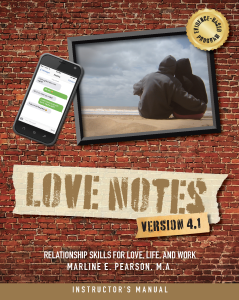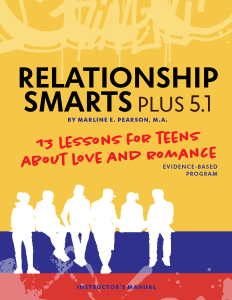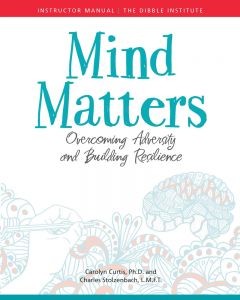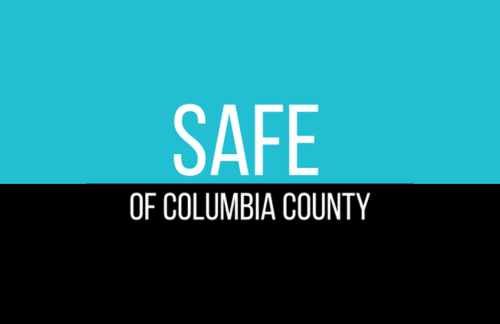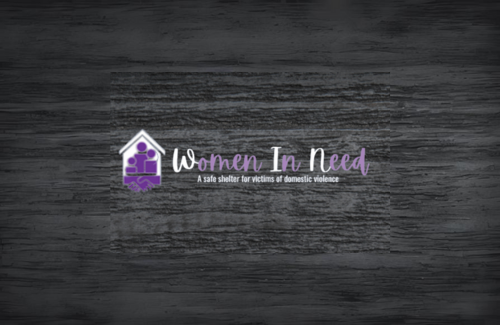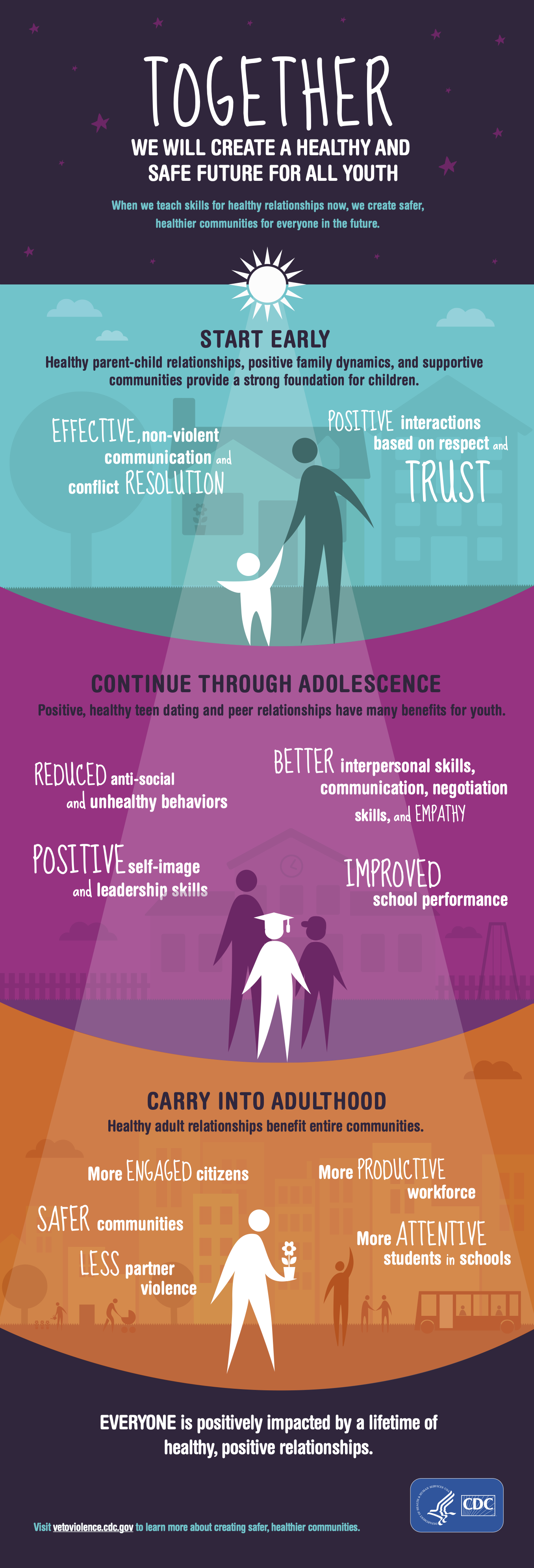Teaching healthy relationship skills can prevent dating violence!
Teen dating violence is not a problem that goes away but leads to adverse outcomes in adulthood as well. Studies have shown that teen dating violence victims experience issues as adults such as antisocial behavior, depression, suicidal thoughts, heavy drinking, and drug use. Teens may mistake controlling behavior for caring and concern. Healthy relationships and the skills necessary for them can be taught.
Take a look at these Dibble resources to increase your understanding of healthy relationship skills and Dating Violence Prevention:
- Read up on our flagship program Love Notes and its outcomes on reducing risky behaviors.
- Sex Education in a Healthy Relationship Curriculum Could Lead to Reductions in Risky Sexual Behavior
- Watch the free webinar replay of “What Do We Really Know About the Cycle of Violence?” or “The Impact of Relationship Education on Predictors of Dating Violence”.
- Check out this case study from SAFE of Columbia that used Mind Matters in a violence prevention setting or a 4-H Case study using Relationship Smarts PLUS used to prevent violence in schools.
- Check out Love Is Respect’s Teen Dating Violence Awareness Month 2024 Action Guide.
Also check out these innovative programs that help stop dating violence:
Helpful Webinars
- Preventing Dating Violence by Helping Students Choose Healthy Relationships and Build Social/Emotional Skills
- What Do You Mean? Unblurring the Lines between Consent, Assault, & So Much More
- What Do We Really Know About “The Cycle of Violence?”
Research on Violence Prevention
Recognize the Signs:
- Everything in the beginning of the relationship is what you wanted. Soon it turns to blame and humiliation. Your partner says that you are not good enough.
- Your partner forces you to stop hobbies, talents, and interests that make you you. You are forced to leave your old personality behind.
- Your partner isolates you from friends or family members to gain power.
- You partner yells, screams, curses, and points out your imperfections.
- You partner denies they have done anything wrong. They blame you for their own wrong actions.
Understanding Domestic Violence:
Read more about domestic abuse, why it happens, and risk factors to watch out for.


